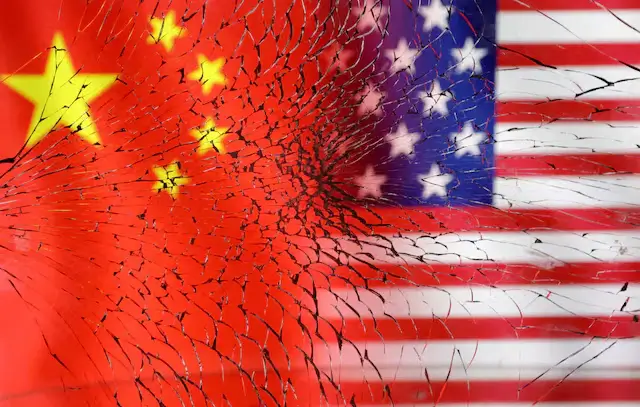Key Points in the Tech War
- Both Harris and Trump expected to tighten tech restrictions on China
- Different approaches anticipated: Harris favoring precision, Trump preferring broad measures
- Focus expanding to data, software, and connected devices
- Chinese retaliation likely through rare earth and metal export controls
Current Landscape of the Tech War
Recent US actions include proposed restrictions on Chinese-made connected cars, a TikTok sale mandate or potential ban by 2025, increased semiconductor tariffs planned (25% to 50% by 2025), and enhanced controls on AI chips and chipmaking tools.
In response, China is implementing countermeasures such as export restrictions on germanium and gallium, new controls on graphite for EV batteries, and restrictions on rare earth elements, along with targeted actions against US companies like Micron Technology.
Harris vs Trump Approaches in the Tech War
Harris’s Expected Strategy
- Continuation of Biden’s targeted restrictions
- Coordinated action with international allies
- Focus on preventing tech transfer to the Chinese military
- Strategic approach to maintain trade balance
Trump’s Anticipated Policies
- Broader, more aggressive measures
- Proposed tariffs:
- 10-20% on all imports
- 60%+ on Chinese goods
- Expanded “entity list” restrictions
- Stricter export control enforcement
- Tougher stance on non-compliant allies
Industry Impact of the Tech War
The ongoing tech war is leading to increased scrutiny of Chinese components in US products, growing concerns over data access and device updates, potential disruptions in semiconductor supply chains, and risks to US access to critical rare earth elements.
Expert Perspectives on the Tech War
“We’re seeing the opening of a new front on the U.S.-China tech cold war,”
notes Peter Harrell, former Biden administration national security official. Former Commerce Secretary Wilbur Ross warns against complete separation:
“It would be very dangerous to just try to cut them off,”
citing US dependence on Chinese rare earths.
Looking Ahead in the Tech War
The tech conflict between the world’s two largest economies appears set to intensify regardless of election outcomes. While the approaches differ—Harris’s “scalpel” versus Trump’s “sledgehammer”—both candidates recognize the strategic importance of maintaining US technological advantage while managing complex supply chain dependencies. The challenge for either administration will be balancing national security concerns with economic interdependence, particularly in critical areas like rare earth elements and semiconductor production.

